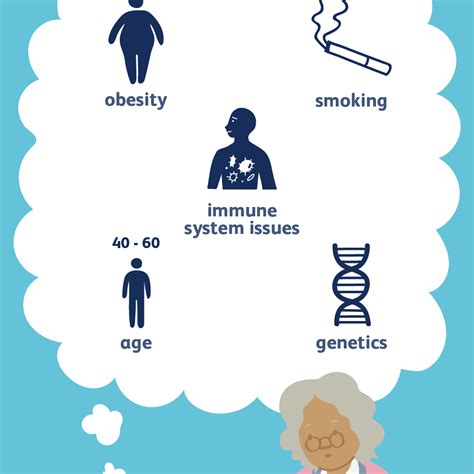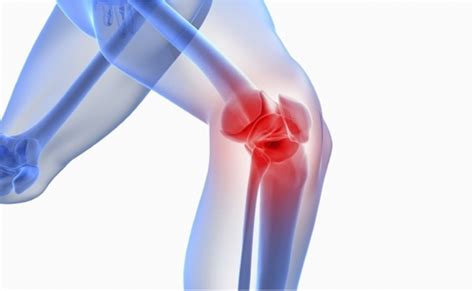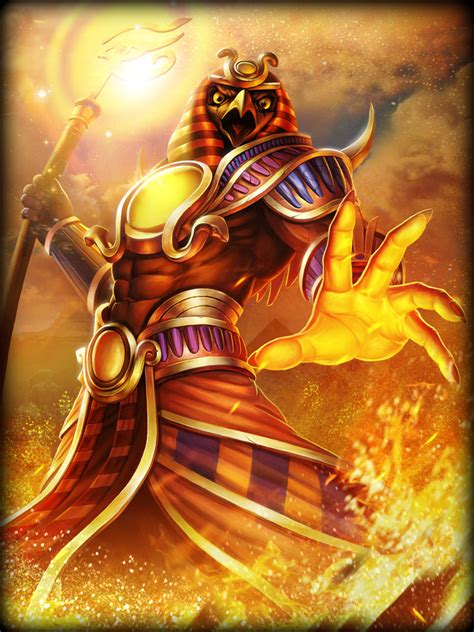The good news is that in most cases—90% of the time—pain caused by a herniated disc will go away on its own within six months. Initially, your doctor will likely recommend that you take an over-the-counter pain reliever and limit activities that cause pain or discomfort. Overall, whenever a disc has herniated, it can cause various pain symptoms and additional related conditions. The disc may become painful itself, or it may irritate a nerve exiting the spinal column, leading to pain, weakness, numbness, or tingling in the leg.
Herniated disks are most common in the lumbar and cervical regions. Herniated disks are relatively rare in the thoracic region, where they account for only 1 in every 200 to 400 disk herniations. Symptoms usually start with back pain in the area of the affected disk. Epidural steroid injections are commonly used to treat back pain caused by a herniated disc, lumbar or cervical radiculopathy, spinal stenosis, or sciatica. Corticosteroids are strong anti-inflammatory medications, and when placed into the epidural space, they can significantly reduce inflammation around an irritated nerve.

Herniated discs are most common in the lumbar spine, between the ribs and hips, and they may also occur in the cervical (neck) section of the spine. Over time, a degenerating disc may break down completely, leaving no space between two vertebrae, which can result in impaired movement, pain, and nerve damage. A herniated disc occurs when a piece of a spinal disc bulges or ruptures and slips out of place, squeezing a spinal nerve. This may cause leg pain, leg weakness, leg numbness, cauda equina syndrome, and/or low back pain.
A herniated disk is a disk that ruptures, allowing the jelly-like center of the disk to leak, irritating the nearby nerves. This can cause sciatica or back pain. Most disks rupture (or herniate) in the lower part of your spine (also called your lumbar spine). If you have a herniated disc in your neck, you may experience pain, tingling or weakness in your arm or neck. Seek care immediately if you experience any of the following: loss of bowel or bladder control with your pain, back pain or neck pain that wakes you up during your sleep, numbness or weakness in your legs.
For more information, visit Harvard Health, Hospital for Special Surgery, Harvard Health A-Z, Hospital for Special Surgery on Epidural Injections, UT Health Neurosciences, Hospital for Special Surgery Herniated Disc Condition List, University of Utah Health, and Rush University Medical Center.


